LiA: Early Reflections: InnoPeace, Tunisia

I am working as an intern with InnoPeace, an NGO run entirely by young Tunisians aged 18-30, working on innovative projects involving peace, democracy, and human rights in order to develop a cohesive, tolerant and open-minded society. As well as this, I am enrolled in an Arabic-language school during the week with students from across the world.
Within InnoPeace, I am working on two distinct projects. Firstly, helping the running of the Human Library – a beautiful concept in which individuals who have faced some form of discrimination speak (as a ‘living book’) to a small group of three or four people (‘readers’). Having attended one of these on my first full day in Tunisia, it was a very interesting way to ‘un-judge’ both individuals and their contexts as well as Tunisian society more broadly. I heard from a visually impaired woman, a Palestinian refugee who moved from Lebanon to Tunisia, and a woman speaking of the generational differences in women’s freedoms to be their authentic selves.
As well as the logistical support I provide to the Human Library project, I mostly focus on fundraising. Within Tunisia, there is great scepticism from Tunisians themselves towards funding NGOs, as they are often partially or fully funded by international organisations (Fondation de France, the EU, and the UN). Tunisians perceive this as eroding the sovereignty of Tunisia itself, threatened by external ideologies with political aims. Despite this, I am supporting InnoPeace by leading the writing of proposal documents to send to embassies in Tunisia (particularly countries within the EU), to gain funding for the running of their projects. This often means re-framing pre-existing projects to gain funding under the criteria that they must be new projects with specific focuses. For example, to gain further funding for InnoPeace’s flagship project, the Human Library, I came up with the idea of re-naming it as the Living Library project (an idea the organisation already had), as well as having themed editions of the Living Library, such as on the Sustainable Development Goals and discussions on the consequences of environmental negligence. This would fulfil the criteria of originality, as well as on addressing sustainable development.
My time with Inno-Peace so far has been extremely welcoming and exciting to be a part of. Adjusting to a new country and culture has been difficult – with some interesting quirks – taxis which are occupied have a green light, and those which are available have a red light! But now half way through my time here, I feel a sense of home here, and my ability to speak French has been a real asset to be able to engage in deeper conversations with locals as the standard foreign language that Tunisians learn is French, not English - a particularly memorable moment was discussing the meaning of life with a Tunisian taxi driver!
On my time off, I have spent every possible moment out and about – I’ve just got back from a weekend trip to the south of the country, laying in the Sahara desert watching the sun set and exploring the Mides and Tamazqah canyons and oases.
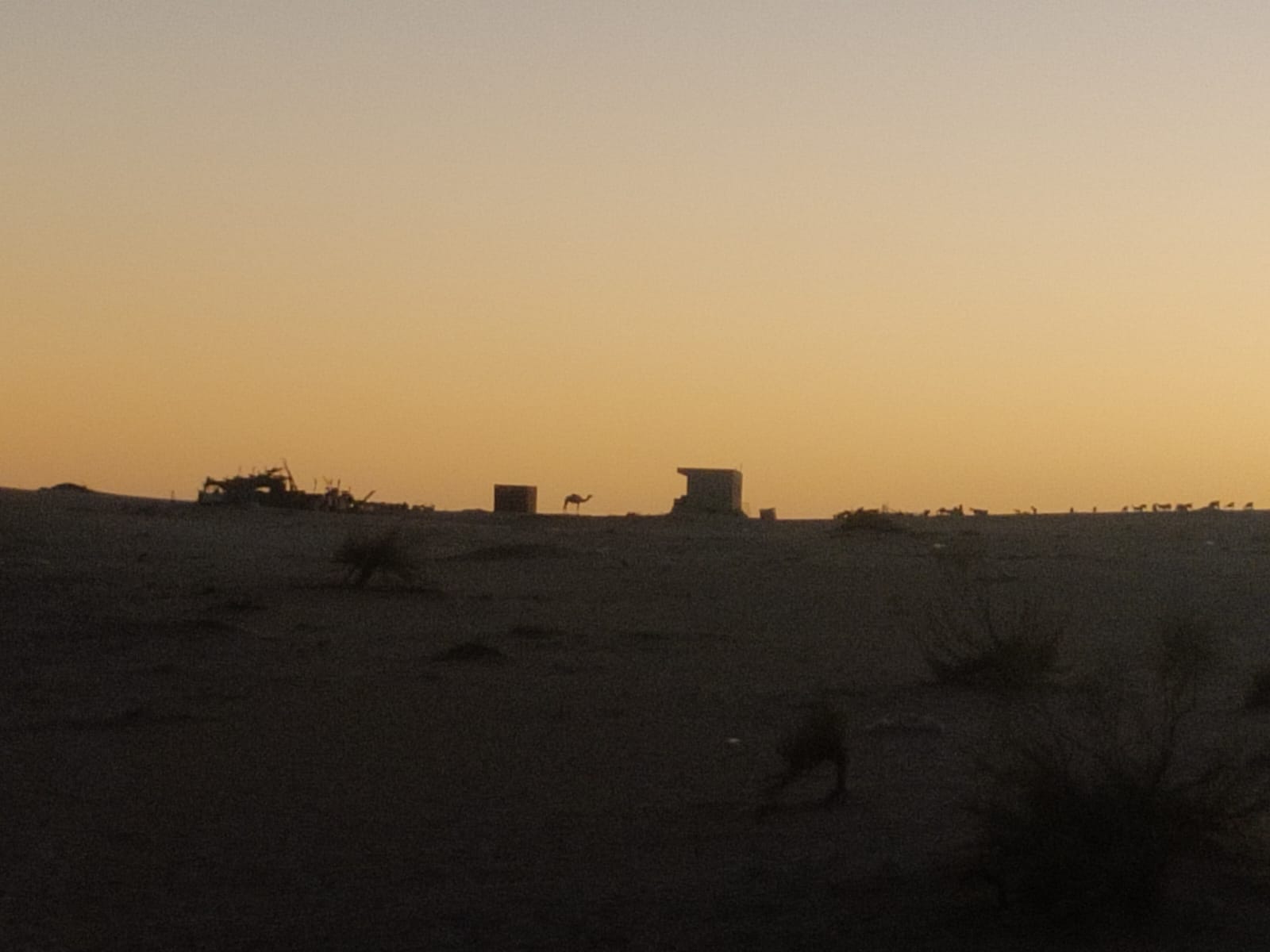
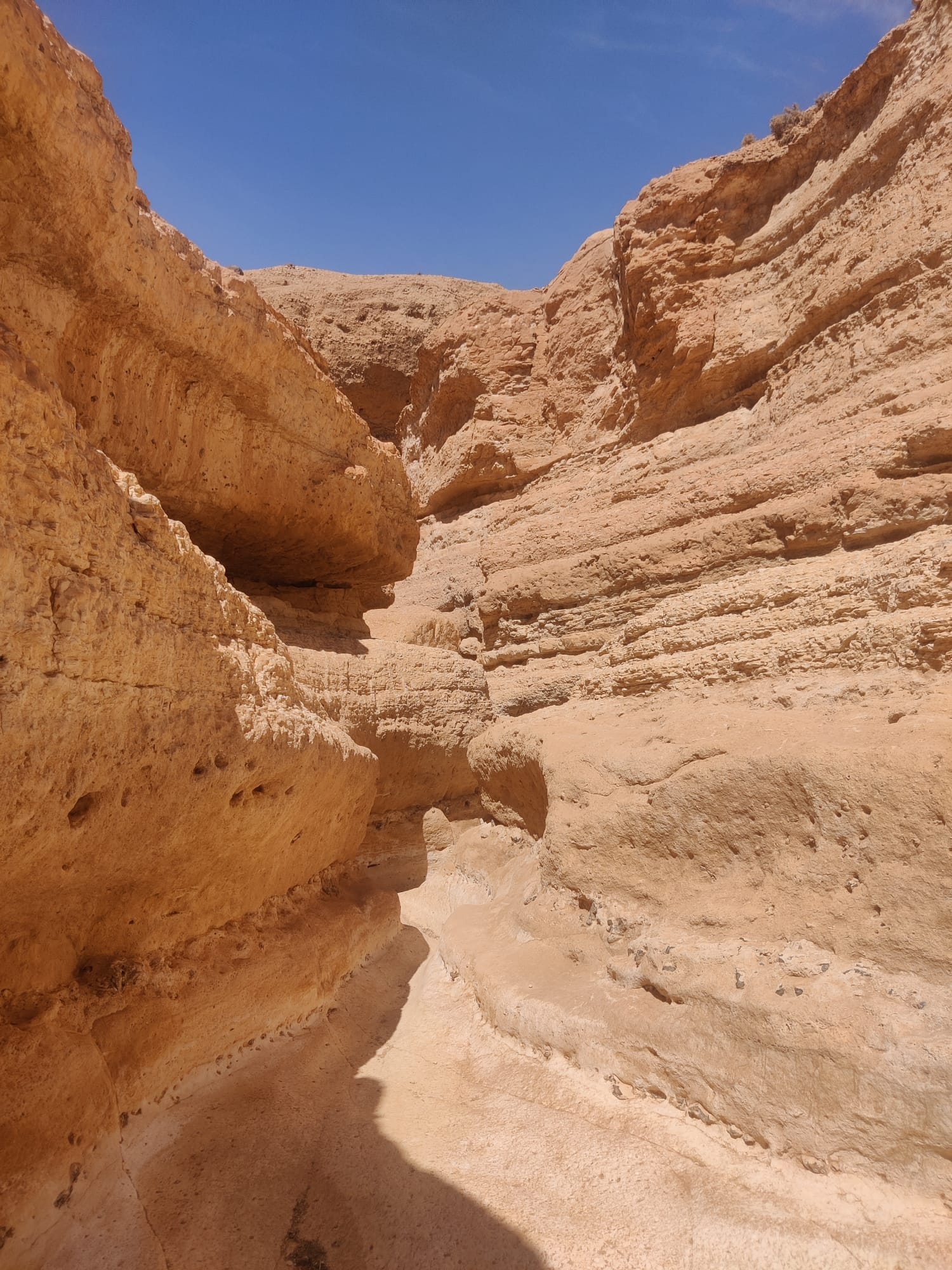
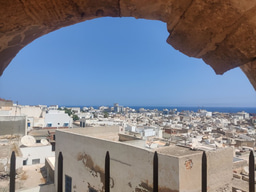
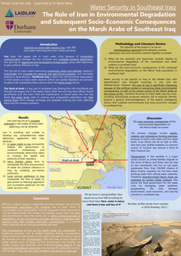
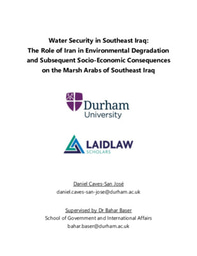

Please sign in
If you are a registered user on Laidlaw Scholars Network, please sign in